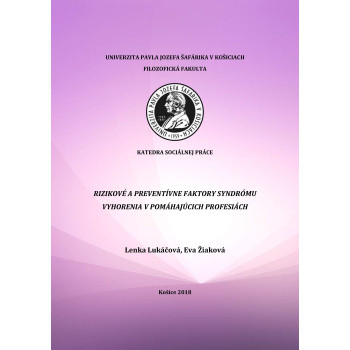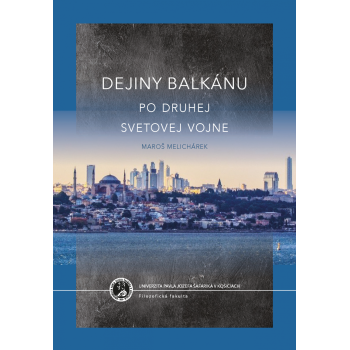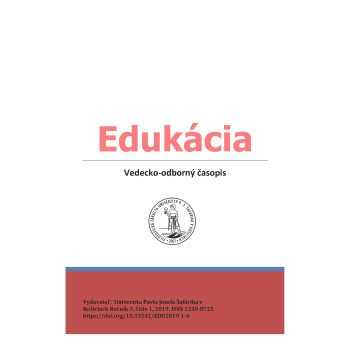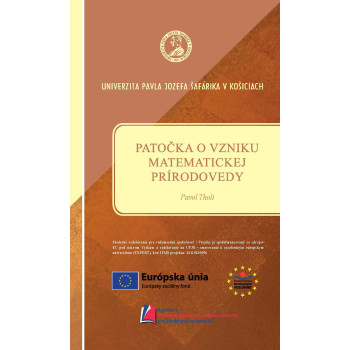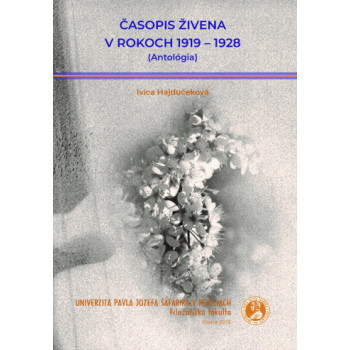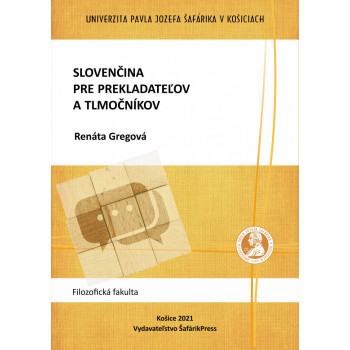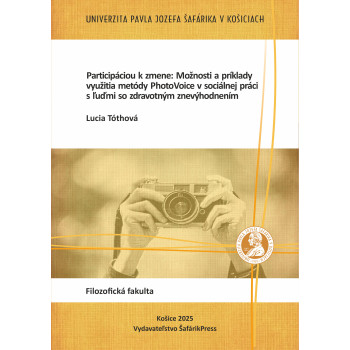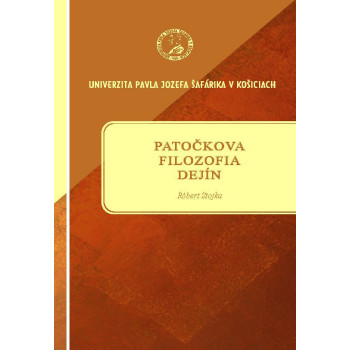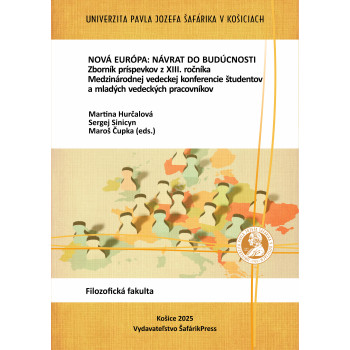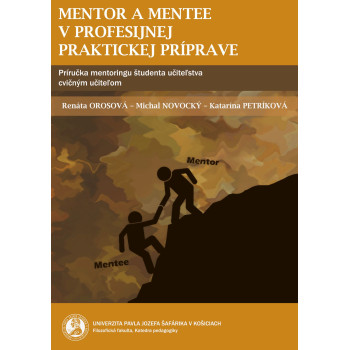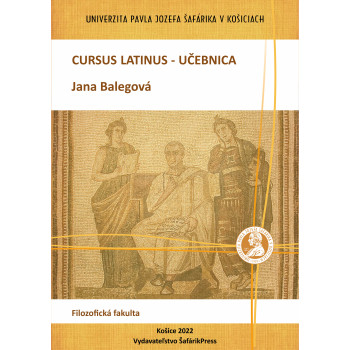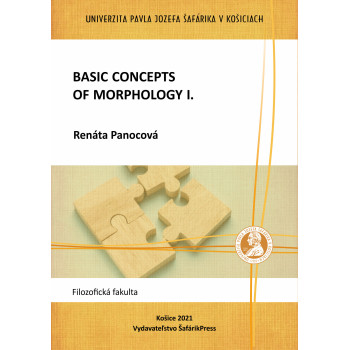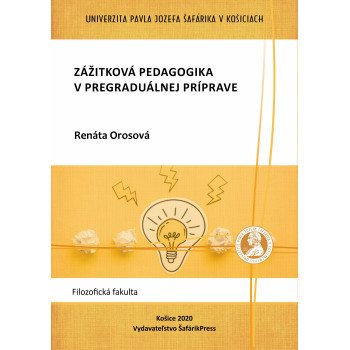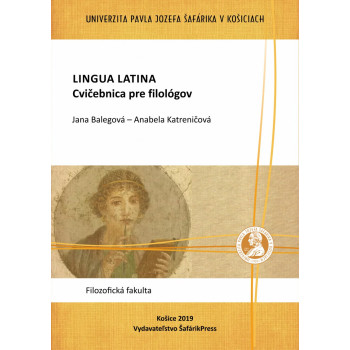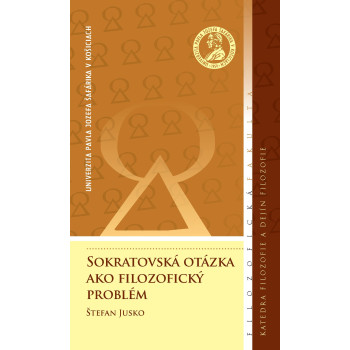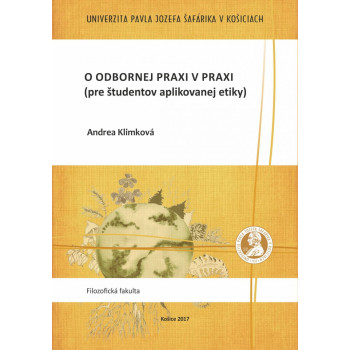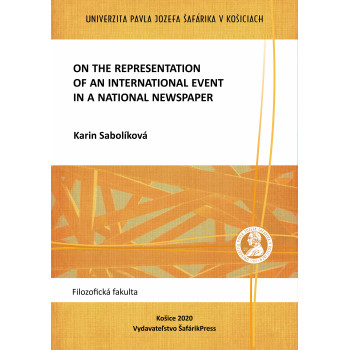
Risk and preventive factors of burn-out in help...
E-book
The burnout syndrome in the simplest sense is a state of total physical and psychological exhaustion. Its cyclical course may be misleading, often underestimated and neglected on the part of a burned-out individual, as well as by its surroundings. The neglection of warning signals strengthens the field of its occurrence and impact.
Monography is one of the methods with which we strive to draw attention to the problem of burnout syndrome in the performance of a helping profession. Based on this, we have focused on determining the frequency of occurrence of burnout syndrome in assisting professions based on predetermined risk factors (specific profesion, length of practice, motivators) in order to verify, confirm or refute predefined factors. The subject of this research was also to examine the correlation between the aforementioned factors, the quality of professional life and the strategies for managing stress and stress situations.
The monography is intended for helping profesions e.g. social workers, nurses, doctors etc. We also believe that, this monography will be also benefit for a wider range of helping professions, as well for all those involved in the his problematics.



